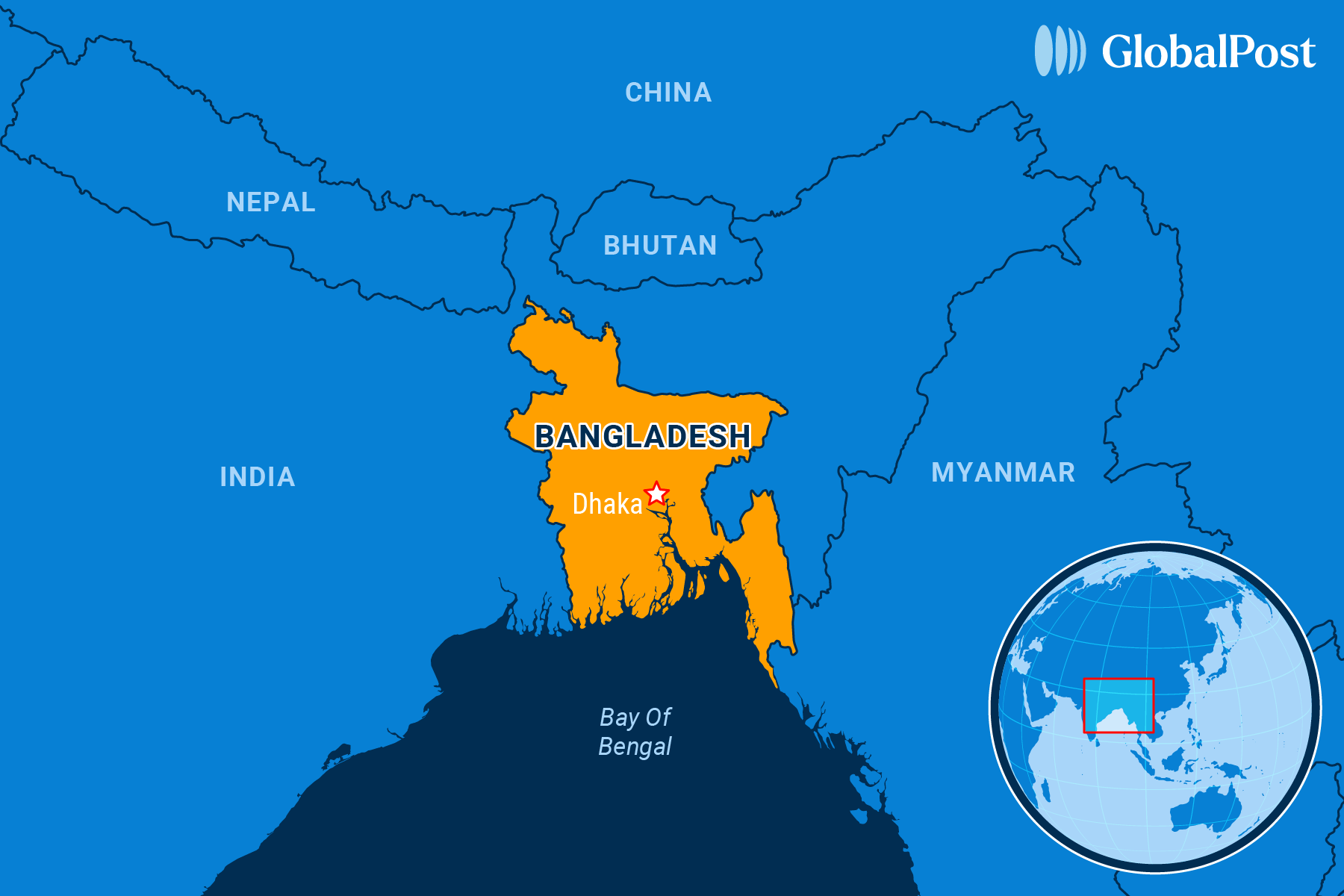Dismantling Exclusivity

Bangladesh’s top court rolled back a series of quotas on government jobs Sunday, quotas that had sparked violent nationwide protests in which more than 100 people were killed and saw the shuttering of universities across the country, CNN reported.
Student-led demonstrations have gripped Bangladesh over the past weeks over a civil service quota system that would allocate 30 percent of the sought-after positions to relatives of veterans who fought in the country’s war of independence from Pakistan in 1971.
Students and critics complained that the system favored the political elite, including allies of the governing Awami League party that led the independence movement.
Protests took place in various cities across the country but turned deadly last Tuesday following clashes between demonstrators and groups linked to the ruling party. The violence resulted in the closure of universities and communications blackouts, including the turning off of the Internet and mobile services.
Police have also used tear gas and rubber bullets against demonstrators, with the government accusing the protest campaigners of being “anti-national.”
Prime Minister Sheikh Hasina first scrapped the quota system in 2018 following protests against it. But the High Court reinstated the contentious system in June, with the verdict sparking the demonstrations.
On Sunday, the supreme court dubbed the lower court’s decision as “illegal” and ordered that the quota for veterans be cut to five percent. It added that 93 of the jobs will be allocated based on merit, while two percent will be reserved for members of ethnic minorities, third-gender people and the physically disabled.
Students welcomed the verdict, but vowed to continue their demonstrations until authorities release detained protesters and officials responsible for the crackdown step down, Al Jazeera noted.
Even so, the government imposed a national curfew ahead of the top court’s decision, saying the restrictions will continue for an “uncertain time” following a two-hour break for people to gather supplies.
Observers suggested that the quota system and the government’s harsh crackdown could prove problematic for Hasina, who was reelected for a fourth term earlier this year.
With protesters demanding the government’s resignation, some analysts told Al Jazeera that if unrest continues it could force Hasina and her cabinet to step down.

Subscribe today and GlobalPost will be in your inbox the next weekday morning
Join us today and pay only $32.95 for an annual subscription, or less than $3 a month for our unique insights into crucial developments on the world stage. It’s by far the best investment you can make to expand your knowledge of the world.
And you get a free two-week trial with no obligation to continue.
